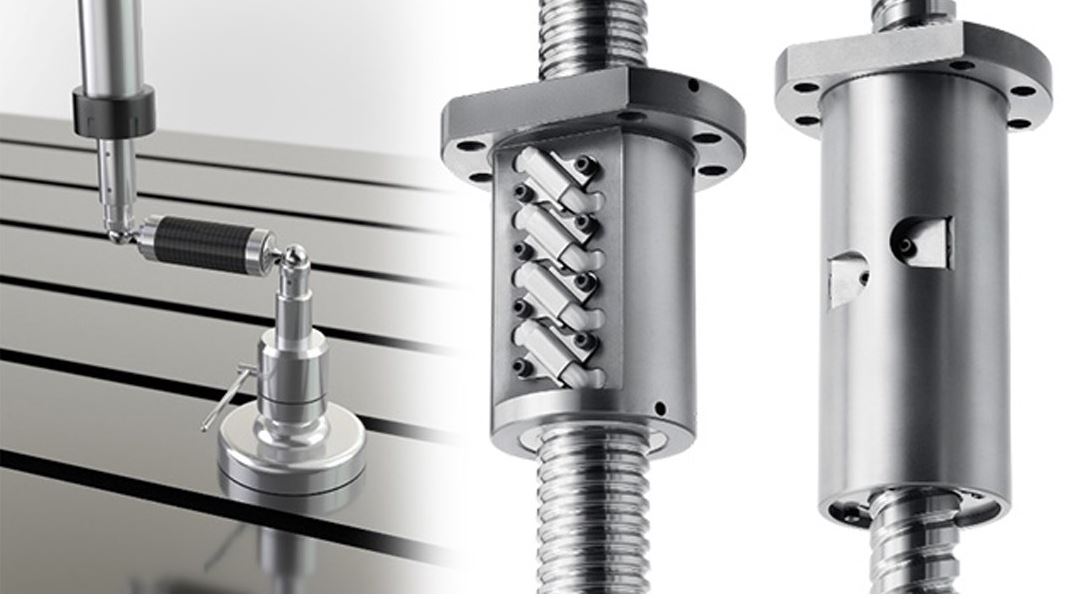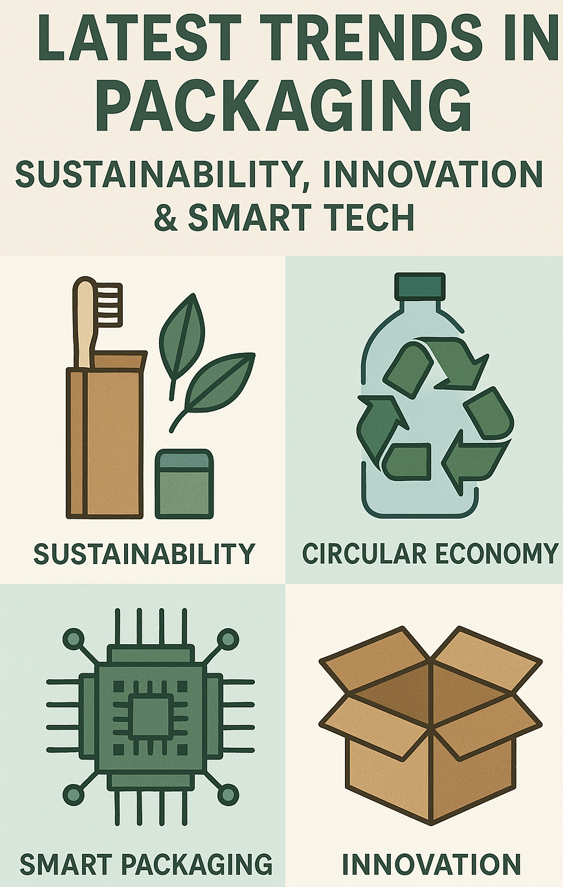
Ball screws are highly efficient at transmitting force and converting motion (e.g. rotational to linear) and are widely used in many kinds of industrial machinery. In the process of fulfilling their function of converting motion and transmitting force, ball screws achieve significant energy savings. The 100% plant-derived material achieves 90% lower carbon footprint
In recent years, injection molding machines and servo presses are switching from hydraulic to electric drive systems using servomotors and ball screws in order to reduce power consumption. Considering such industry trends, demand for ball screws is expected to continue increasing.
This development aims to make further contribution to achieving carbon neutrality by utilizing environmentally friendly bioplastic for the retaining pieces in ball screws.
Conventionally, polymer retaining pieces are placed between the balls in ball screws to prevent the balls from colliding with each other and improve the durability of the ball screw. By using bioplastic material, this product offers the additional benefit of contributing to the realization of carbon neutrality.







